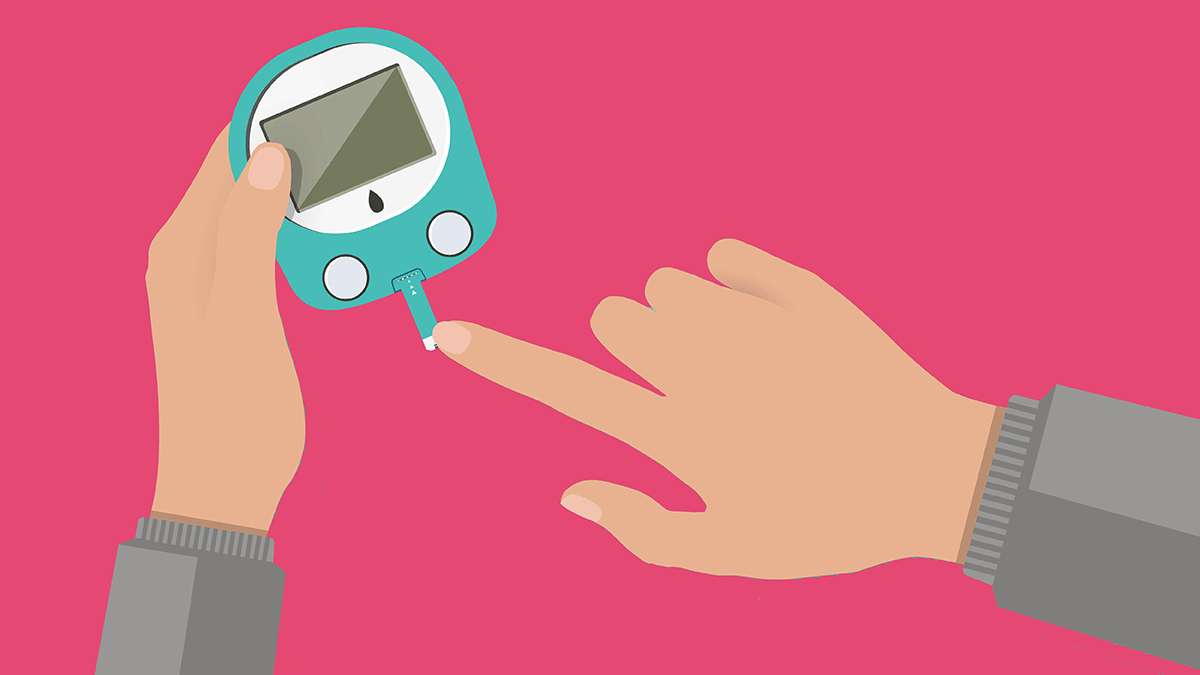This Simple Lifestyle Change May Help You Better Manage Your Diabetes
There may be an easier way to control diabetes than you think. Find out how you can manage this disease by working this simple change into your life.

It can be hard to control, but these tips should help you manage diabetes
Diabetes is a chronic disease that causes high blood sugar levels, which can damage your organs, nerves and blood vessels. Depending on the severity of the condition, it may be possible to manage diabetes through lifestyle changes, particularly with the way you eat.
A dietitian’s advice on how to manage diabetes
When you eat carbohydrates, they are broken down into glucose in your blood. Your doctor or dietitian will talk to you about controlling how many carbohydrates you eat and choosing more complex carbohydrates (which break down slower in the body).
But it’s not enough to stick to your prescribed amount of carbs; you need to be selective with the type of carbs as well. Focus on getting plenty of fibre (25 to 38 grams each day, depending on your age and sex), which is an indigestible form of carbohydrate that slows food absorption.
You can also try reducing your intake of added sugars (to no more than 25 grams a day).
These ready-to-use carbs rush into your bloodstream quickly and can cause unhealthy spikes in blood sugar.
Added sugars include those found in baked goods, honey and fruit juices. Though fresh fruits are a nutritious option, they contain more naturally occurring sugars than other whole foods. Make sure to limit yourself to no more than two or three servings of fruit each day.
What your carb intake should look like
Most of your carbohydrate intake should come from whole grains, such as barley, quinoa, oatmeal and sprouted grain breads, as well as legumes, such as lentils and chickpeas. These options are packed with fibre. Legumes also include protein, which slows digestion.
Another healthy way to manage diabetes is to slow the absorption of carbs is to add healthy fats, such as salmon, nuts, avocado and olive oil.
Planning meals and snacks throughout the day so that you never go for more than four hours without eating will also help keep your blood sugar stable. (Every meal and snack should contain fibre, protein and unsaturated fat.)
Jessica Tong is a dietitian and certified diabetes educator in Calgary.




